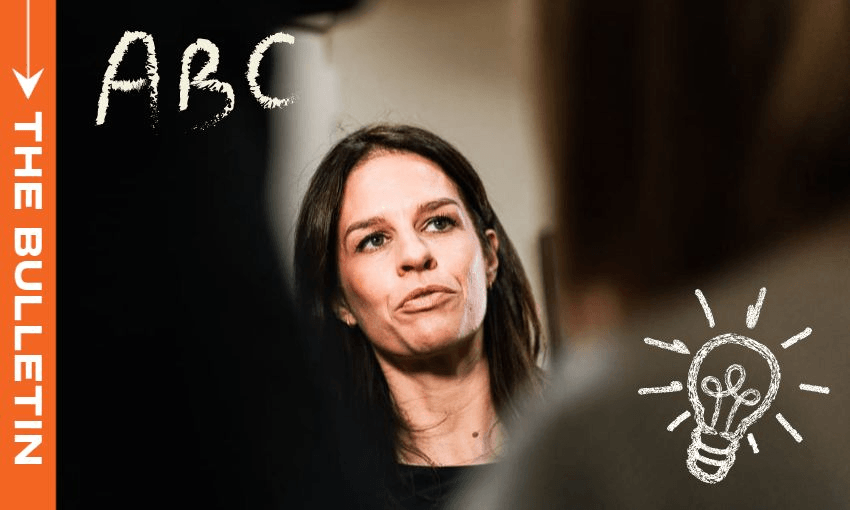Some say the government’s plans for education will bring change of the same magnitude as the reforms of the 2000s, writes Anna Rawhiti-Connell in this excerpt from The Bulletin, The Spinoff’s morning news round-up. To receive The Bulletin in full each weekday, sign up here.
NCEA pass rates down for third year in a row
NCEA results landed yesterday. RNZ’s John Gerritsen reports that for the third year in a row, provisional results indicate pass rates have dropped across the board. The Qualifications Authority (NZQA) deputy chief executive for assessment Jann Marshall, said the drop in attainment rates on 2022 results “are likely to reflect the compounding impact of three years of disruption from Covid-19.” Kate Gainsford, chairperson of the Post Primary Teachers Association’s Principals’ Council, told RNZ, “nobody should be surprised it would take more time to recover from the effects of Covid on young people’s education.”
The government’s plans for ‘sweeping reform’
“NCEA results landed” makes it sound like they thudded into letterboxes. Results are posted online. In the 20-mumble years since I stopped checking the letterbox at this time of year, technology has driven rapid change for everyone, including those who teach and those who learn within our education system. In a long read for The Listener (paywalled, published online on Monday) examining the current challenges within the sector and the new government’s proposed and “sweeping” reforms for it, Danyl McLauchlan asks, “How do you take in tens of thousands of 5-year-olds who can’t read and transform them into young adults who can flourish in a complex technological society?”
Compulsory hour of reading, writing and maths starts in term one
McLauchlan traverses plenty of territory, cycling through the history of education reform since Tomorrow’s Schools in 1989. He talks about declining attendance rates and assessment scores (PISA and beyond), staff shortages and the challenges facing teachers and students alike. He also speaks to Education Hub founder Nina Hood. Hood doesn’t wholly disagree with the sentiment “across much of the education sector that the system itself is fine” and that it’s “our society, with its poverty, abuse and inequality, that is failing the students, not the schools.” However, she says some of the decline in student performance “can be attributed to the change in the school curriculum and the philosophy of teaching it embodies.” New education minister Erica Stanford wants fast change, outlining plans for the sector before Christmas. McLauchlan writes that “if Stanford can advance her agenda – and parts of the sector will oppose her every millimetre of the way – it will be even more significant than the reforms of the early 2000s.” Stuff’s Gabrielle McCulloch outlines five changes schools, teachers, and students face this year. All primary and intermediate schools will be required to teach students an hour of reading, writing and maths every day, starting in term one. The mandated phone ban arrives in term two, although schools are expected to do it themselves from term one. The Guardian has a good feature on a school in the US that banned smartphones for a year.
Partnership schools: “quicker and bigger”
One of the Act party’s core policies for education is the reintroduction of partnership (or charter) schools. The party’s leader, David Seymour, is associate education minister (Partnership Schools). The Herald’s Audrey Young writes (paywalled) that “Seymour wants the reintroduction of partnership schools to be quicker and bigger this time around.” Young notes that the process for deciding whether a state school will convert to a partnership school is yet to be designed and anticipates opposition to the proposals to be intense when introduced in parliament. The union representing primary and early childhood staff, NZEI Te Riu Roa, describes the reintroduction of partnership schools as a “destructive, weird, radical” policy that undermines public education. Seymour says things will be different this time around, pointing to funding allocation and the way students in partnership schools are assessed. Cribbing from McLaughlan again, this year, “education could become a key political battleground.”


